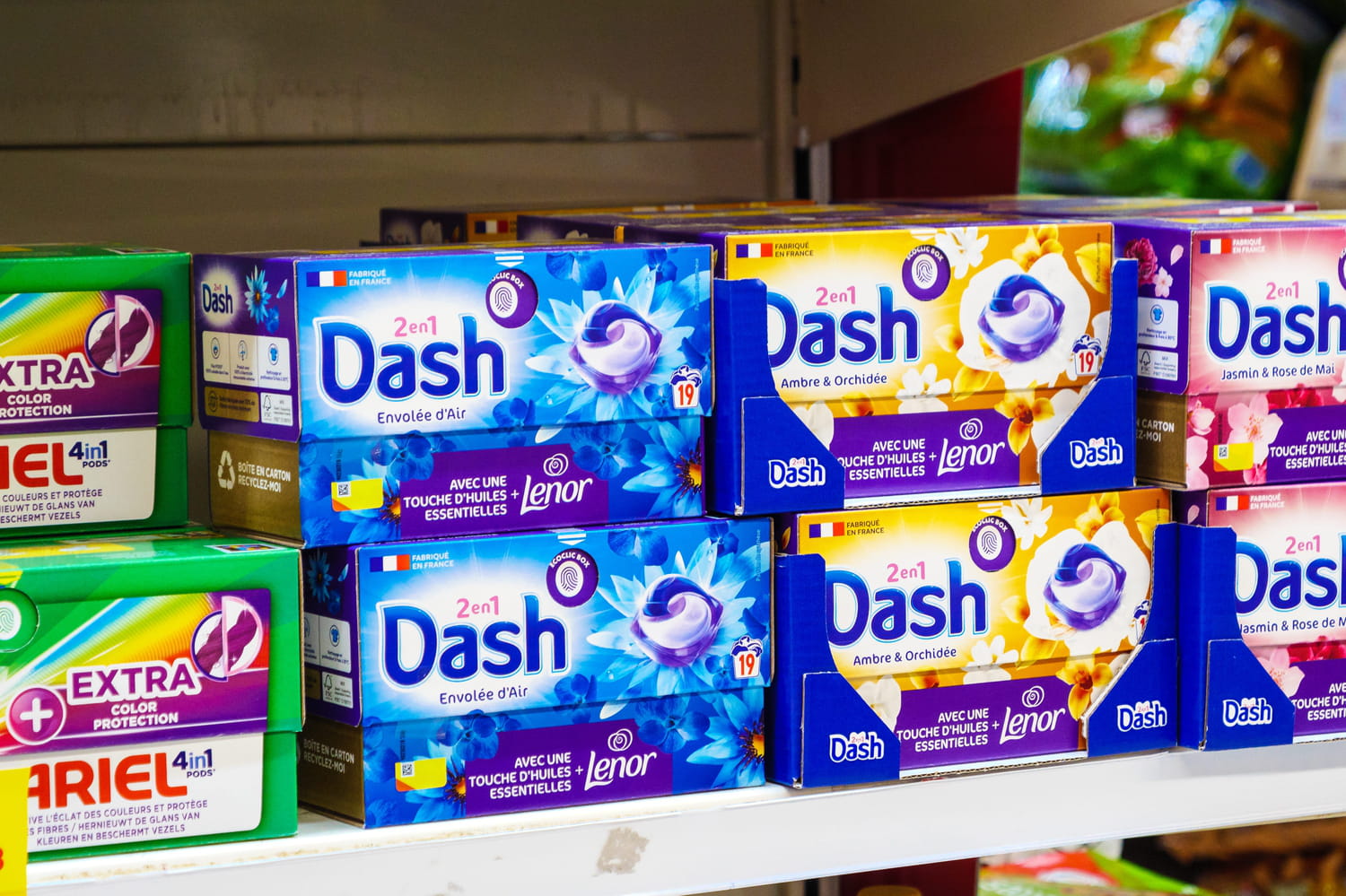Which infant milk to choose at birth? When to go from milk 1st to milk 2nd age and then growth milk? Anti-regurgitation or lactose-free milk … The advice of Pr. Patrick Tounian, pediatrician and nutritionist, to know the powdered milk that corresponds to the needs of your child and to his age.
With the many Infantile milks remindersparents are often worried when it comes to choosing a brand of baby milk. What infantile milk favor according to his age? It is not always easy to find your way between 160 infant milks Available on the market … Follow of course the prescription of your pediatrician, but know that “all the Standard infant milks 1st and 2nd age Are equal.“As Prof. Patrick Tounian, pediatrician and nutritionist explains.
Infant milk news
What childhood milk depending on age?
Here is a question that raises a lot of questions among mothers who do not always know how to change milk. Professor Patrick Tounian recalls:
- “”1st age milk must be continued until one of the four baby meals is fully diverse, or around 6 months old. If it’s later, you can continue it.“”
- 2nd age milk (or following milk) must be continued until the child’s first anniversary. These are preparations immediately.
- 3rd age or growth milk milk “”should be continued until the child consumes 100 grams of meat per day, around 3 years old. You can continue until her 4-6 years, if not.“”
| From birth to 6 months | 1st age milks : that is to say milks or preparations for infants |
| From 4-6 months to 12 months | 2nd age milks or milks of preparations in a row |
| From 10 to 12 months up to 3 years | Growth milksor preparations for children in low-aging |
What are the differences between childhood milks?
What about more specific milks? The doctor tempers “there are milks that have proofs of efficiency in certain situations“. In any case, do not hesitate to request the advice of your pediatrician. To help you find your way, Professor Patrick Tounian has drawn up a list of these milks:
- HA milks (hypoallergenic) : In particular two of them, Nidal Ha and Enfamil Ha, are the only ones to have been the subject of studies and are prescribed to children with allergic family land, in the prevention of the appearance of allergies. In its latest report, ANSES nevertheless specifies that “Hypoallergenic” preparations are not suitable for children allergic to cow’s milk proteins.
- AR milks (anti-regurgitation) : recommended for children who often regurgitate.
- Pushed hydrolysats : Recommended for children allergic to milk proteins.
- Lactose -free milks : These are milks indicated in cases of severe acute diarrhea (which represents less than 5% of diarrhea).
- Milk substitutes based on free amino acids : indicated to the rare children allergic to advanced hydrolyzes.
- Milks with pre and pro-biotics: Some are effective in the prevention of gastroenteritis, in case of constipation and in the acceleration of the acquisition of tolerance to cow’s milk proteins in children allergic to these same proteins (most children acquire this tolerance between 1 and 3 years).
“All other milks contain allegations that are not scientifically validated but which are not necessarily false.” specifies the pediatrician.
Why are childhood milks enriched in DHA?
Since 2020, the European regulations require new rules Regarding Infant milks. From now on, all childhood milks, whatever age and formula, must be enriched in DHAat levels higher than those found in breast milk. This fatty acid is essential to the development of the view of infants in particular.
Is organic infant milk in Privélégier?
Parents, always concerned about the well-being of their children, are often tempted to opt for a Organic infantile milk. But is it necessarily better? “”In terms of health, it is doubly false to think that Organic milk is better, because on the one hand, It has never been shown that organic has health effects human. On the other hand, legislation concerning infantile food is almost the same for organic milk as a standard milk. “, explains Prof. Patrick Tounian.
For its part, the ANSES recommends avoiding soy protein preparations for babies under 6 months old, and not to replace preparations for infants and following preparations by so -called “plant milks” in children under 1 year.








